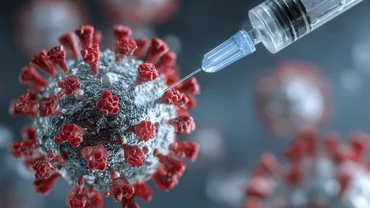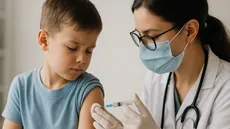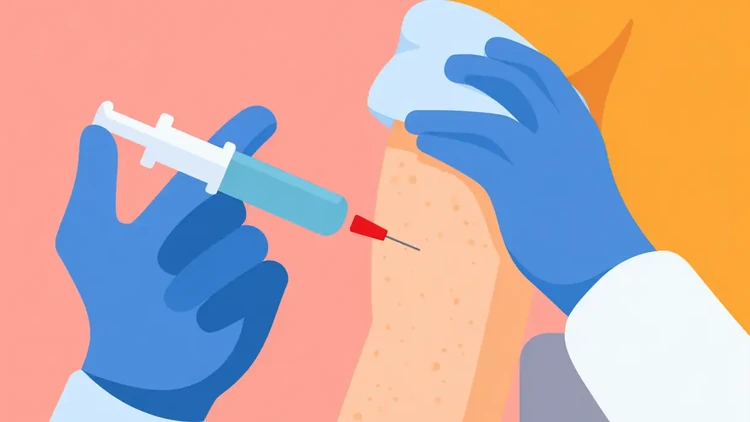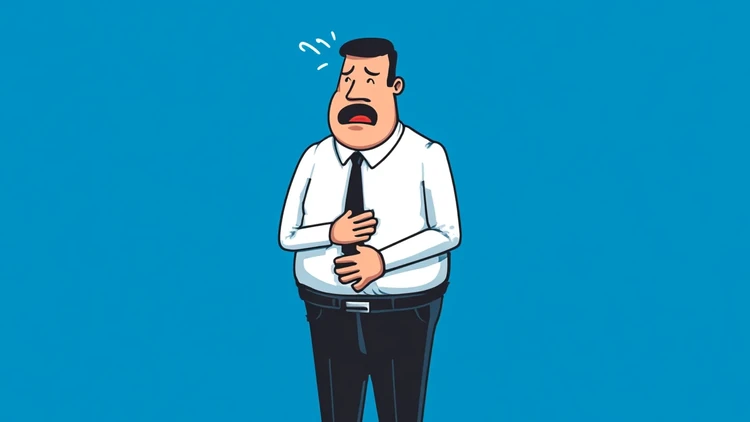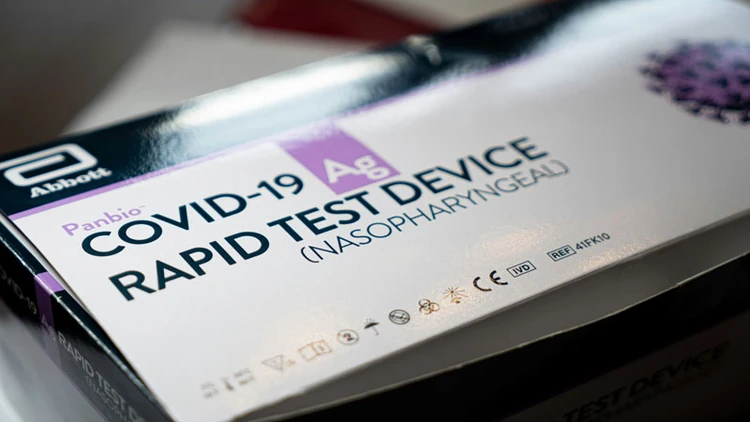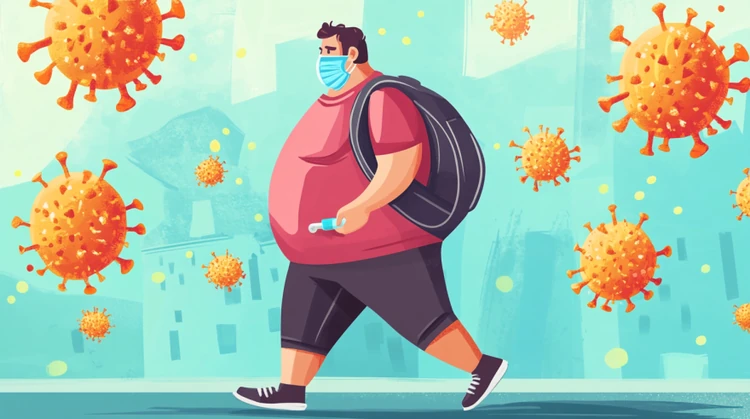While many consumers are on high alert for the upcoming flu season, the Centers for Disease Control and Prevention (CDC) are warning about another rampant infection: whooping cough.
While the prevalence of whooping cough has waned in recent years due to the uptick of COVID-19 infections, the CDC found that numbers have started to climb back up this year.
As of the week of September 14, 2024, the number of cases of whooping cough was five times higher than that week in 2023. Additionally, the figure is higher than it was the same week in 2019 – before the COVID-19 pandemic.
Experts say that fewer children have received the whooping cough vaccine since the start of the pandemic, and that could be one of the reasons for the significant increase in cases.
However, the CDC explained that other factors could be contributing, including genetic changes to the whooping cough bacteria, more awareness of the infection, and greater availability of tests to diagnose whooping cough.
What to do
Whooping cough spreads quickly, and all it takes is someone with the infection to cough or sneeze near another person. The first two weeks of the cough are when a person is most contagious, and consumers are encouraged to start antibiotics as early as possible to help prevent the spread of infection.
However, it’s also important to note that many consumers struggle to get a proper diagnosis, as whooping cough presents with many of the same symptoms as the common cold or other respiratory illnesses. The distinct “whoop” of the cough is what distinguishes the infection from others.
The CDC recommends that getting vaccinated is the best approach to protect against whooping cough. While the vaccine doesn’t eliminate the chance of infection, it can decrease the likelihood of complications, including hospitalization.
“Whooping cough vaccines, which also provide protection from diphtheria and tetanus, are the best way to protect against whooping cough and its complications,” the agency explained. “Babies and children younger than seven years old receive DTaP vaccine, while older children and adults receive Tdap vaccine. CDC recommends whooping cough vaccination for all babies, children, preteens, and adults — and during pregnancy.”
Consumers should receive an updated booster of the whooping cough vaccine every 10 years, regardless of age.
What is the CDC doing?
As cases of whooping cough continue to rise, the CDC has partnered with seven states in the Emerging Infections Program network to monitor the spread of the infection.
This ongoing surveillance serves three primary purposes:
Conducts enhanced case ascertainment and augmented data collection.
Collects isolates and specimens for further characterization at the CDC.
Provides infrastructure for conducting special studies on whooping cough.
The agency also recommends that public health officials implement official screenings for the infection when numbers are on the rise. This can help contain the spread of whooping cough and ensure that as many people as possible are receiving proper treatment.
